Regarding Human Sexuality
We believe that the only sexual relationship that God blesses is the relationship between a man and a woman, with that relationship existing within the confines of marriage. We believe that any other sexual behaviors and choices are sinful distortions of God’s gift of sex and sexual identity.
Gen. 2:24; Gen. 19:5, 13; Gen. 26:8-9; Lev. 18:1-30; Rom. 1:26-29; 1 Cor. 5:1, 6:9; 1 Thess 4:1-8; Heb. 13:4
We believe that the only Christian marriage is the joining of one man and one woman.
Gen. 2:24; Rom. 7:2; 1 Cor. 7:10; Eph. 5:22-23
That said, the Lord calls us to love our neighbor as ourselves and not to cast judgment on others. We welcome everyone to attend Journey Church without feeling unwelcomed or judged, and we respect the working of God in every person’s life.
John 15:2; 1 Cor. 13:13; Matt. 7:1-2; Rom. 3:23
Regarding the Mission of the Church
The church is to be involved in world missions. We believe that God has given the Church a Great Commission.
- The first part of the Great Commission being to proclaim the Gospel to all nations so that all will have the opportunity to hear and believe in Jesus Christ. As ambassadors of Christ we must use all available means to go to the foreign nations and not wait for them to come to us. Matt. 28:19-20; Mark 16:15; Luke 24:46-48; John 20:21; Acts 1:8; Rom. 10:9-17; 2 Cor. 5:20
- The second part of the Great Commission is to make disciples of all people, instructing them in the words of Jesus Christ and the Bible, and guiding them to walk in the way of Jesus Christ and the Bible. Matt. 28:19-20; 2 Cor. 10:5; Col. 1:28; Titus 1:1
The church is to be “missional,” that is, the church is to see itself as a mission to culture, not integrating with or baptizing culture. The church, as the instrument of God, is called to carry out God’s mission in culture, and that mission is this: to show the world what it looks like when a community of people lives under the reign of God. The gospel is best portrayed by the church that believes it, embodies it, and testifies to it in all places at all times in any given culture.
Acts 1:8; 2:41-47; 4:31-37; 12:5-17; 17:16-33; Rom. 12; 1 Cor. 6:9-11
Regarding the Lawsuits between Believers
We believe that Christians are to govern their actions in love. Based on the Bible’s teaching about having loving relationships, Christians are prohibited in the Bible from bringing civil lawsuits against others at the church to resolve personal disputes that are not of a criminal nature. We believe that most matters can be resolved personally and that the church contains many of the resources necessary to resolve personal disputes between members. We do believe, however, that a Christian may seek compensation for injuries from another Christian's insurance company as long as the claim is pursued without malice or slander.
1 Cor. 6:1-8; Eph. 4:31-32
Furthermore, we do not believe that any lawsuit should be taken up frivolously or without prayer regardless of the offender. Christians are to govern their actions in love, allowing for opportunities of forgiveness and mercy, especially toward those who are not part of the church.
Matt. 5:7, 9; 7:1; Rom. 12:16-21; Gal. 5:13-15; Eph. 4:31-32
Regarding the Sanctity of Human Life
We believe that all human life is sacred, that human beings are made in the image of God, and that God has a time and purpose for all life and death. We at Journey Church believe that if the Lord creates a human life, He has a purpose and a reason for that life. Our feelings on the sanctity of life are summed up in the following paragraphs:
We believe that human life begins at conception and that the unborn child is a living human being. Therefore, we do not support abortion as an option for an unwanted pregnancy. We believe that there are many other options for unplanned pregnancies, and we resolve not to stand in judgment but to stand with and assist anyone who is unable to support a baby.
Job 3:16; Psalms 51:5; 139:14-16; Isa. 44:24; 49:1, 5; Jer. 1:5; 20:15-18; Luke 1:44
We do not support euthanasia in any form, whether willingly or unwillingly. A person has the right to refuse medication or assistance, but assisted suicide is biblically wrong as is the murder of people deemed incapable of making decisions or people deemed as burdens on society. Because of this, we resolve to help those who are hurting, dying, or in need of assistance as much as possible.
Gen. 9:6; Exo. 20:13; Num. 35:33
While we do not stand in opposition to stem cell research, we do not believe in harvesting human embryos or using aborted children to support stem cell research. Because the human embryo is a human being made in the image of God for a specific purpose, using human embryos in this manner is biblically wrong and morally reprehensible.
Psalm 119:73; 139:13-16; Matt. 1:18, 20-21; Luke 1:40-41


